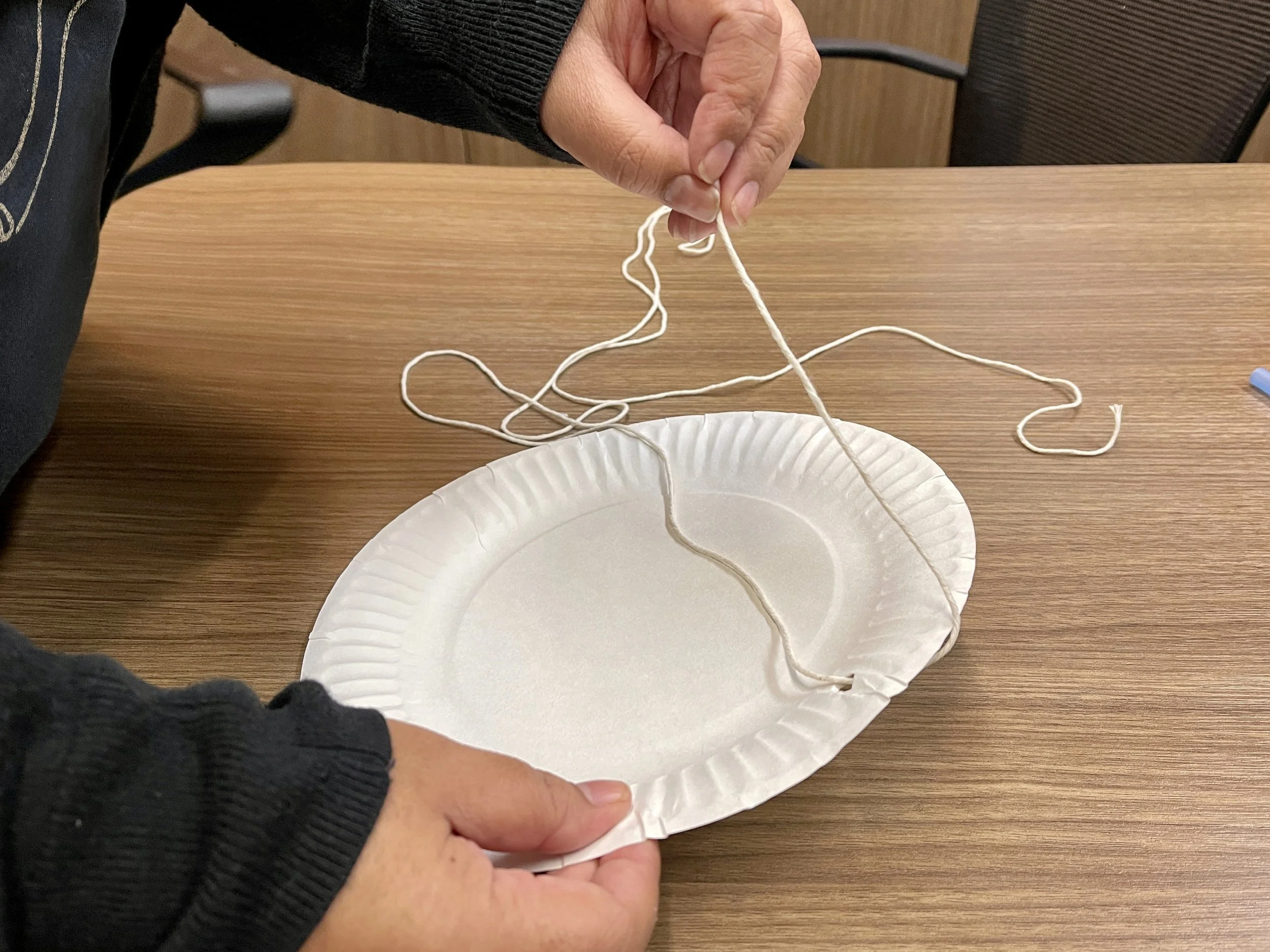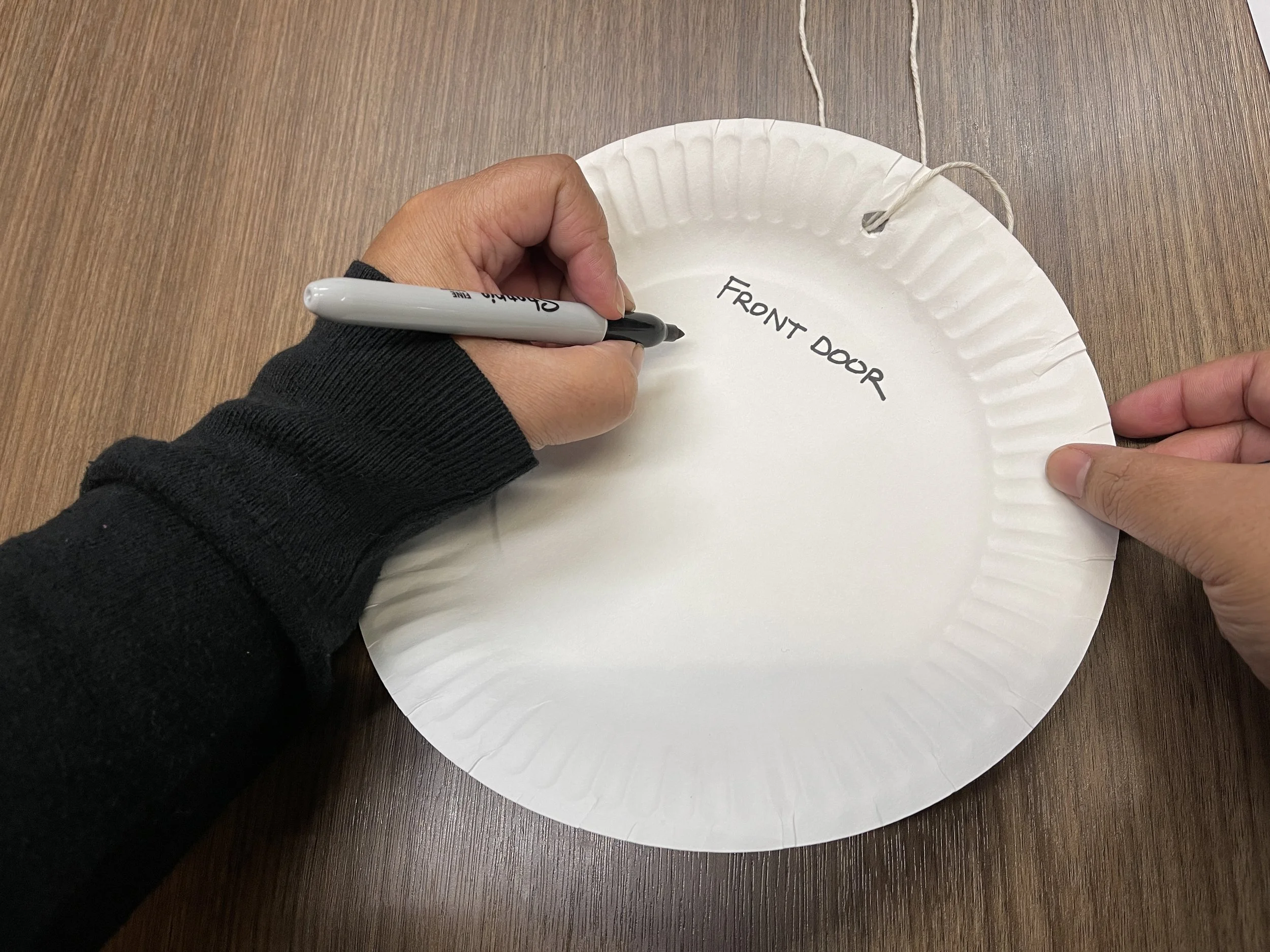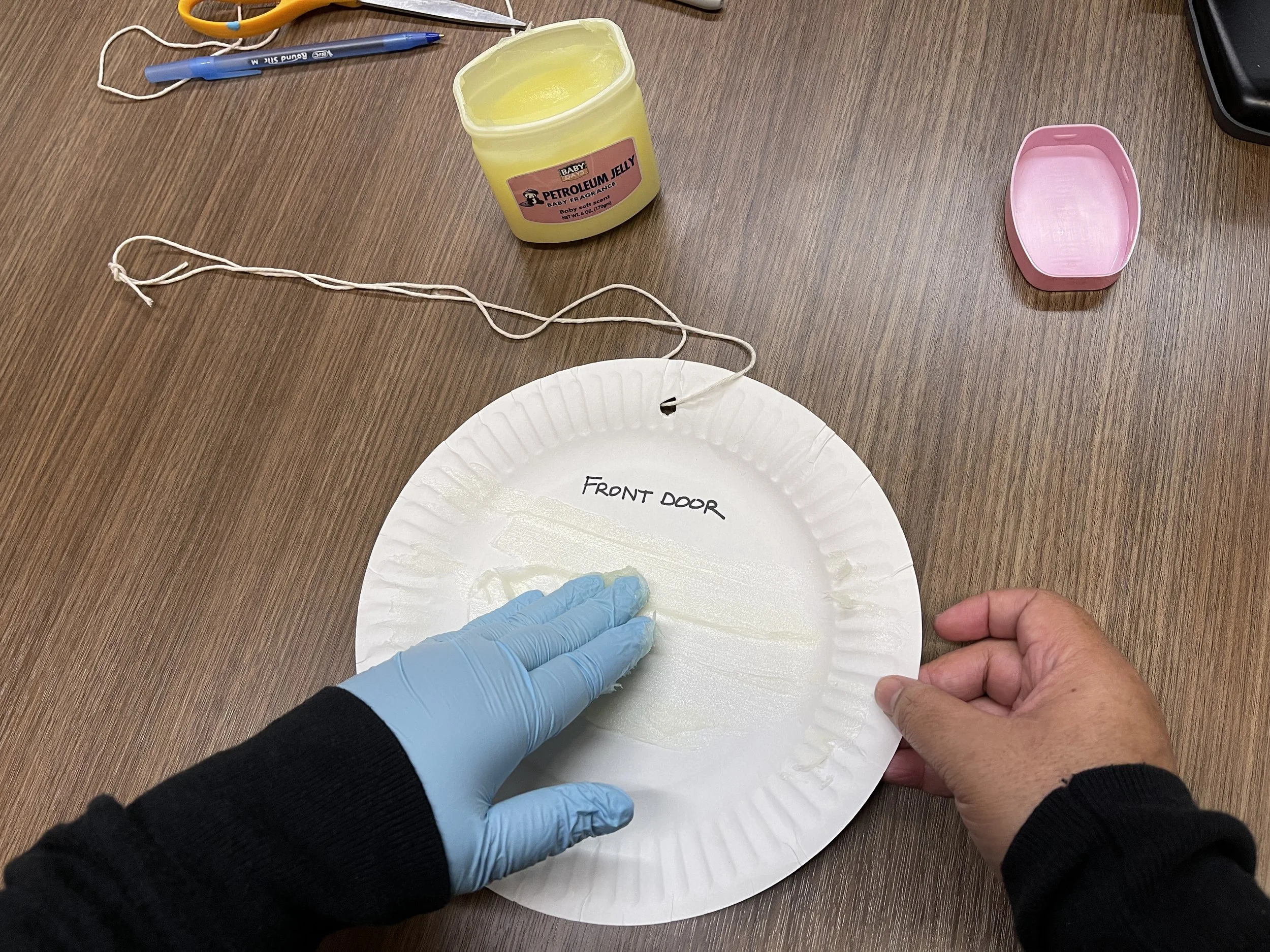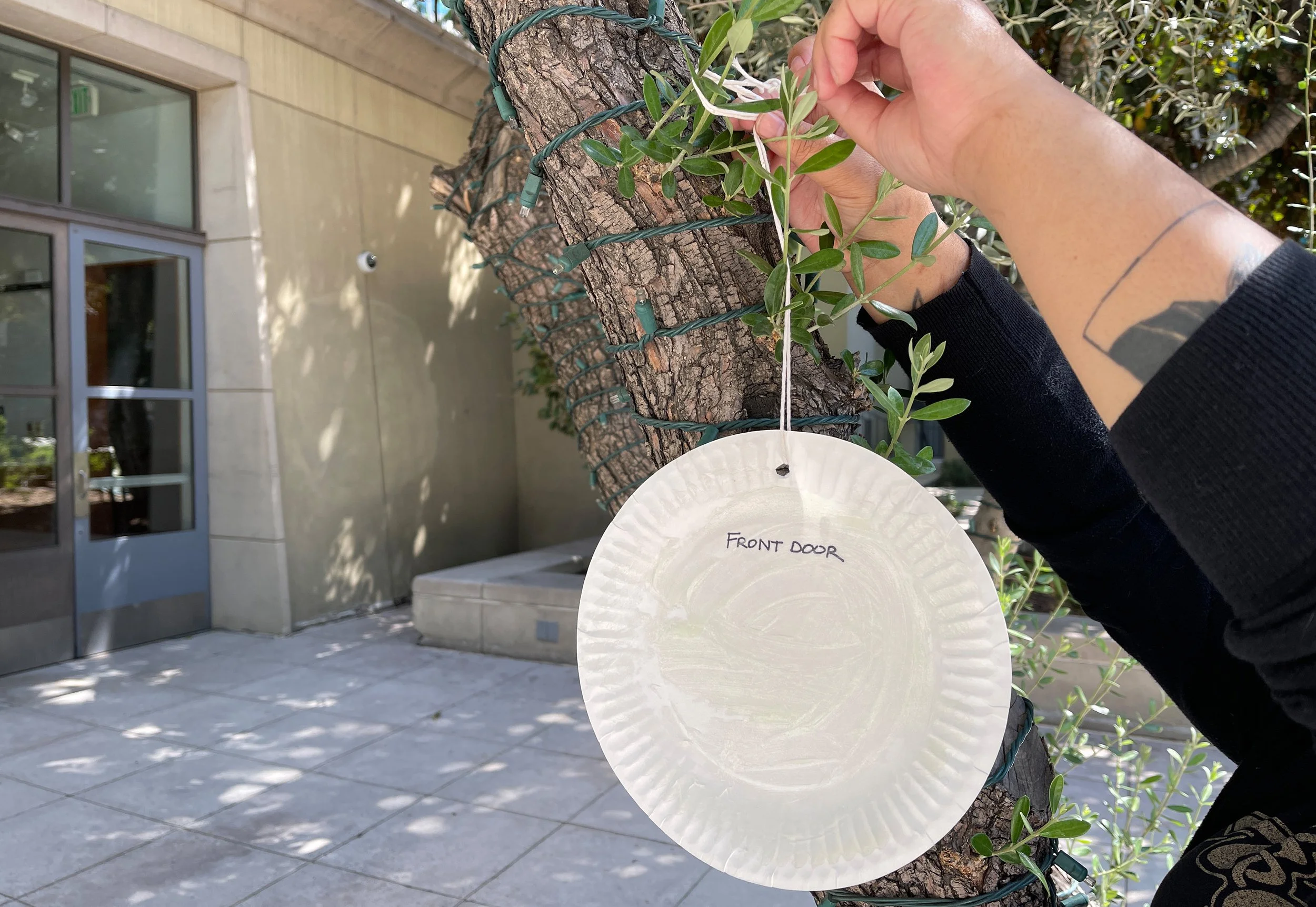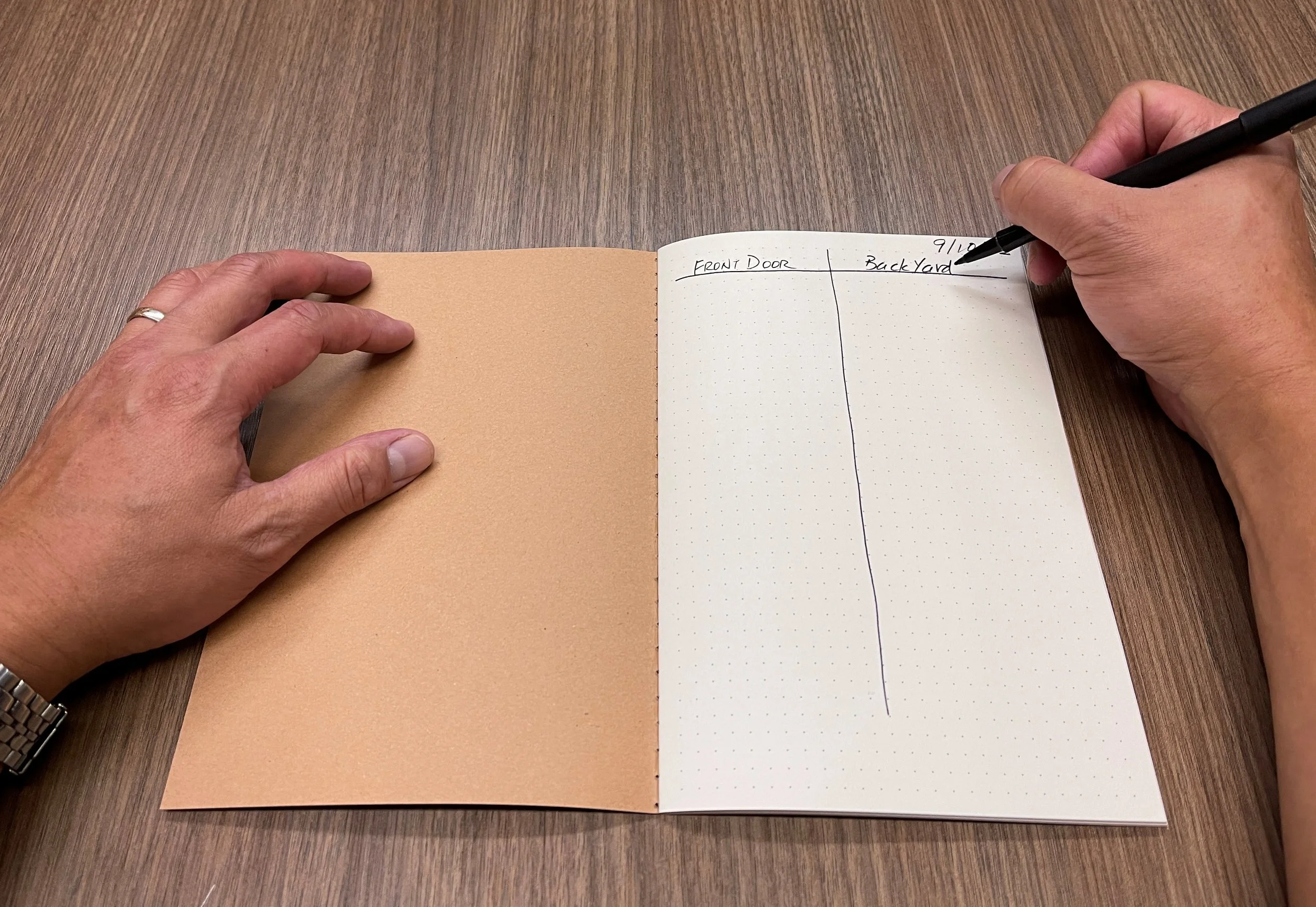Build an Air Pollution Catcher
Air pollution happens because gases, dust, smoke and odor get into the air and make it unclean. Human activities such as cutting of trees, burning of wood, burning of fossil fuels (coal, oil, gas), and smoke released from cars can cause air pollution. Air pollution is bad for humans and animals to breathe and for plants to live in. In humans, pollutants (the bad stuff in the air) can get caught in your lungs and make it hard for you to breathe and also damage your lungs. That is why it is very important that we take action to help reduce air pollution!
Air pollution can cause climate change. Climate change is the long-term change in temperatures and weather patterns. Climate change causes the Earth to get warmer over time. Its like when you leave a blanket on yourself for too long and you get very hot. Likewise, bad gases from air pollution are released into the air and trap heat from the sun, making Earth too hot. This causes changes in Earth’s weather patterns like more storms, hotter summers and melting ice at the poles. In fact, 2023 was the hottest year on record and 2024 is set to be even hotter!
There are many ways that you can help reduce air pollution and climate change:
Turn off lights, TV, and electronics when you are not using them
Use your own reusable water bottle instead of plastic water bottles
Recycle paper, plastic, glass and other materials
Walk, bike or take public transportation whenever possible
Share what you’ve learned with your family and friends!
Did you know?
Our planet (Earth) is the warmest its been in 800,000 years.
Air is mostly gas. It is made up of 78% nitrogen and 21% oxygen
The Arctic sea ice is melting at a shocking rate – 9% per decade!
Design Challenge:
Become an Environmental Scientist by building an air pollution catcher and test if your air is “clean” or “dirty.”
How do you think the areas you chose to perform the experiment in impacted your results?
How do you think the particles in the air affect air quality and our ability to breathe well?
Why is reducing air pollution important? What can you do to help reduce air pollution?
Materials included in kit:
Disposable Gloves
Index Cards with a hole
Petroleum jelly (e.g., Vaseline)
String or Yarn
Magnifying Glass
Lab Notebook
Build Instructions:
Build instructions provided by Los Angeles Public Library
Find 2 - 4 locations in which you can hang the air pollution catchers. You will create a catcher for each location.
You can do this in your home or school if you’d like to find out how clean the air in your home/school is, or you can hang one outside in your yard or another area. It also helps to try placing one in a busier area than the other.
Start with stringing up your catchers for hanging. Pull the string through the hole in your index card (or plate) that has a hole in it. Make sure the string is long enough for where you plan to hang your catcher. (See Figure 1)
Write on each card the date and location you plan to hang your catcher. It helps you remember the site after taking the cards down to study them. (See Figure 2)
Put on your gloves and carefully apply a thin coat of petroleum jelly to one side of each card/plate. (See Figure 3)
Hang the cards/plates in different places within the areas you’ve chosen in step 1. (See Figure 4)
Record the date and areas you’ve hung each card/plate in your lab notebook. (See Figure 5)
After 3-7 days, retrieve your pollution catchers.
Using your magnifying glass, look at each card/plate. You will most likely find some amount of particles stuck to the pollution catcher. Record your answer to each question in your lab notebook.
Are there a lot of particles or just a few?
How do you think the area you’ve chosen to perform the experiment in has affected your results?
What do you think would happen if you performed this experiment in a heavily polluted area, such as a big city or an area with known air pollution? Do you think you would find more particles stuck to the pollution catcher?
How do you think the particles in the air affect the air quality and our ability to breathe well?
Why is reducing air pollution important? What can you do to help reduce air pollution?
Figure 1: Sting your catchers for hanging
Figure 2: Label your catchers
Figure 3: Apply a thin coat of petroleum jelly to one side
Figure 4: Hang your catchers
Figure 5: Record dates, areas, and results in lab notebook
Submit Your STEAM Kit Build Feedback:
After you complete your STEAM Kit Build, complete the feedback survey to be entered into a quarterly raffle!

